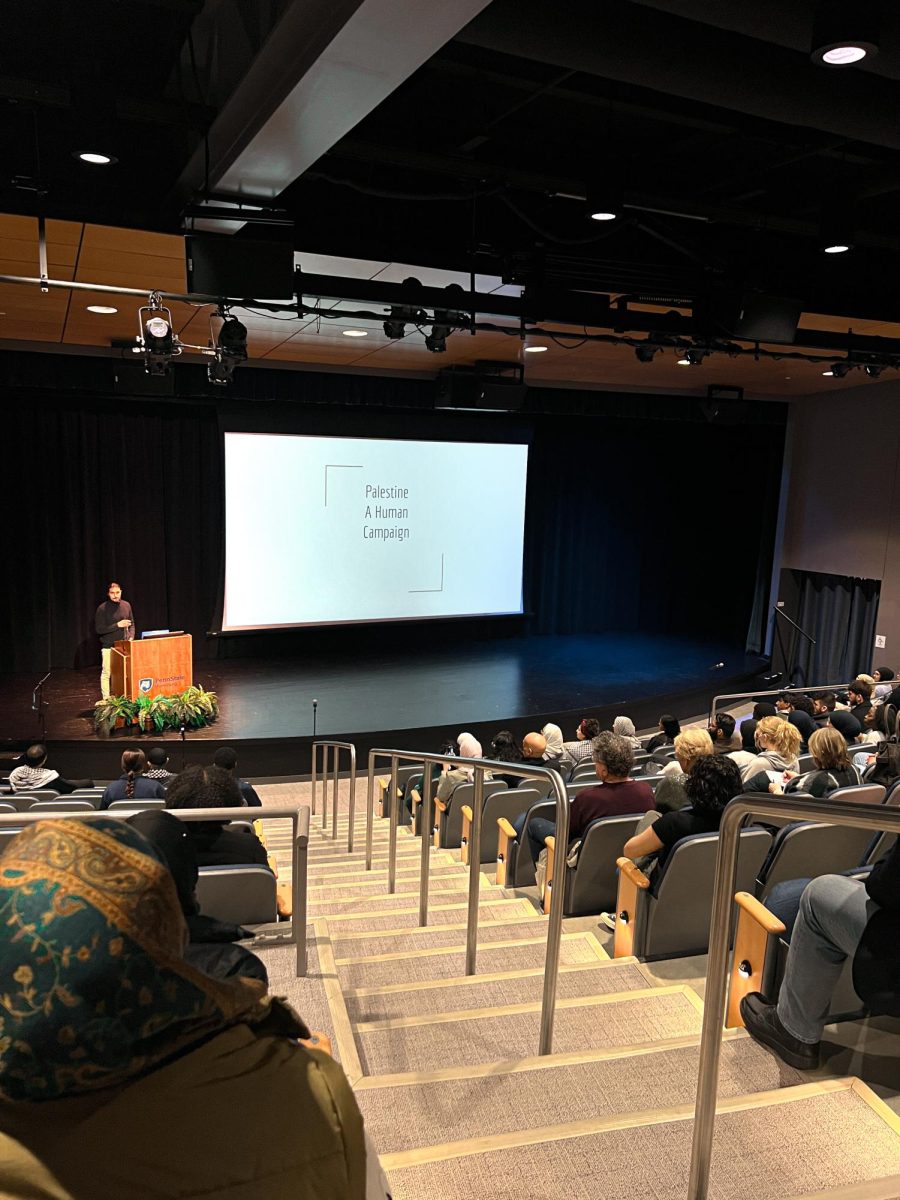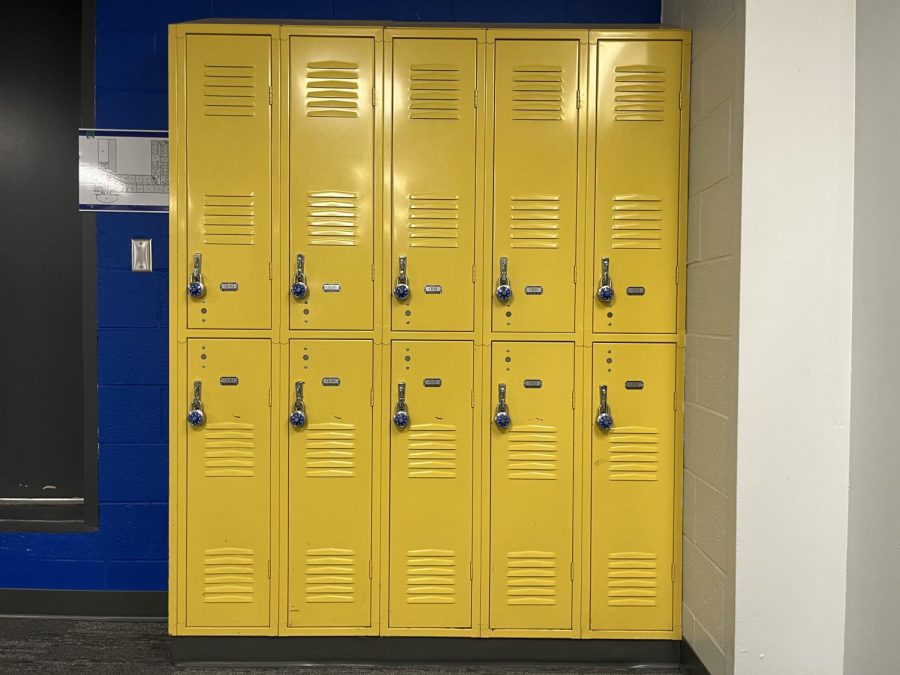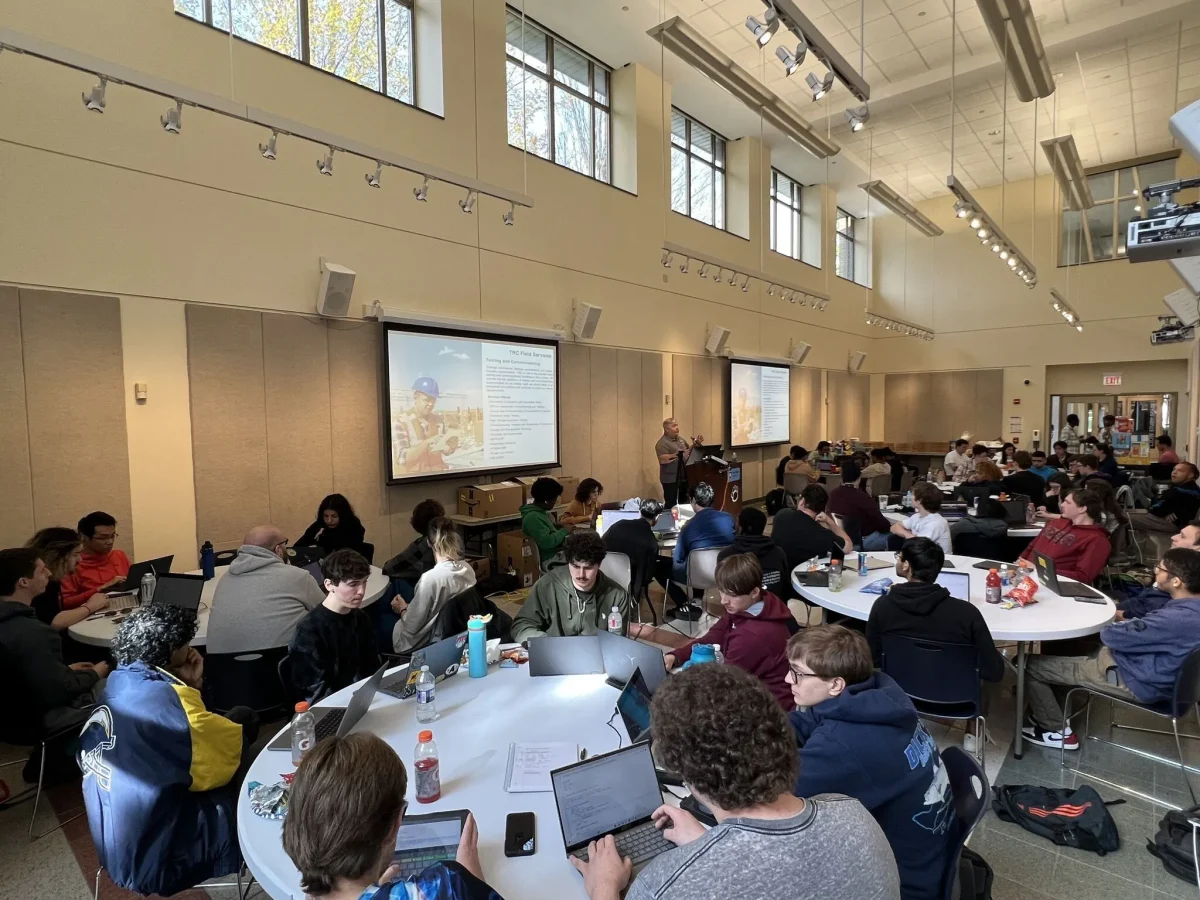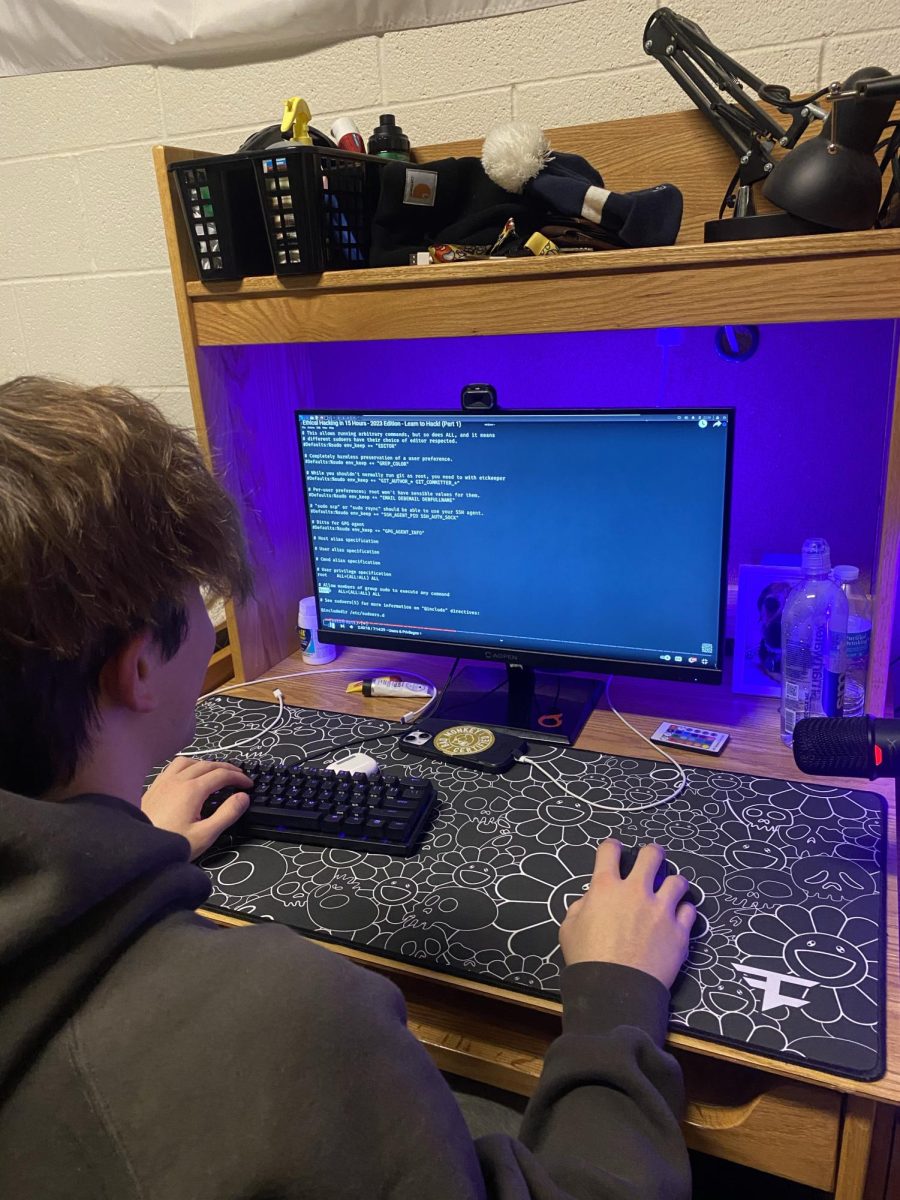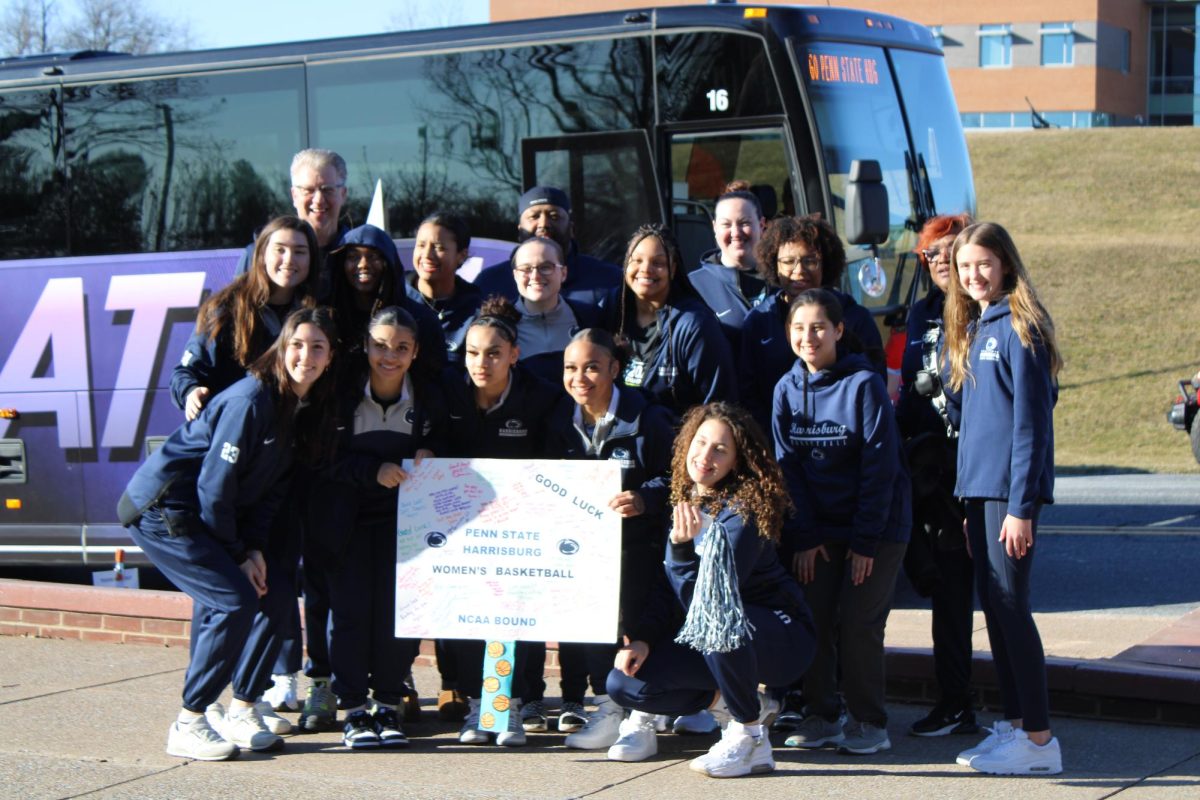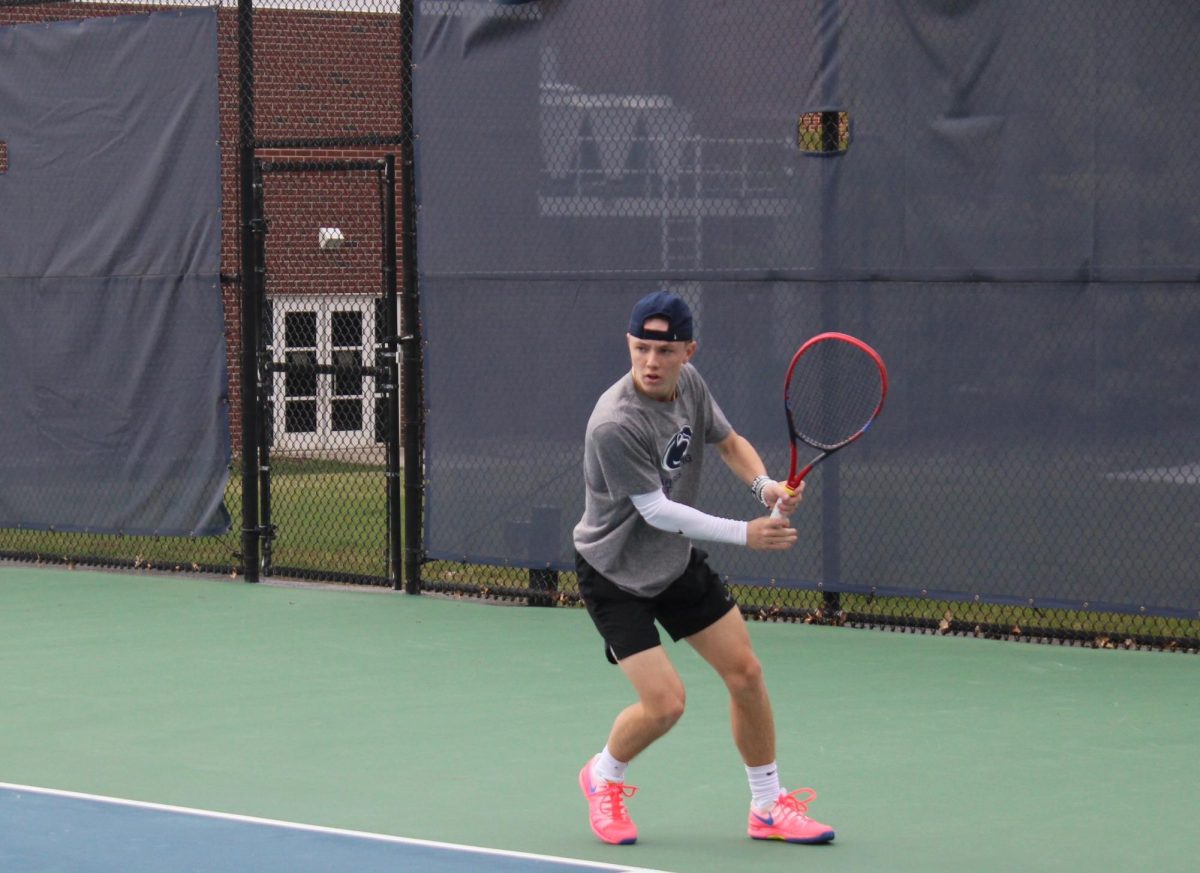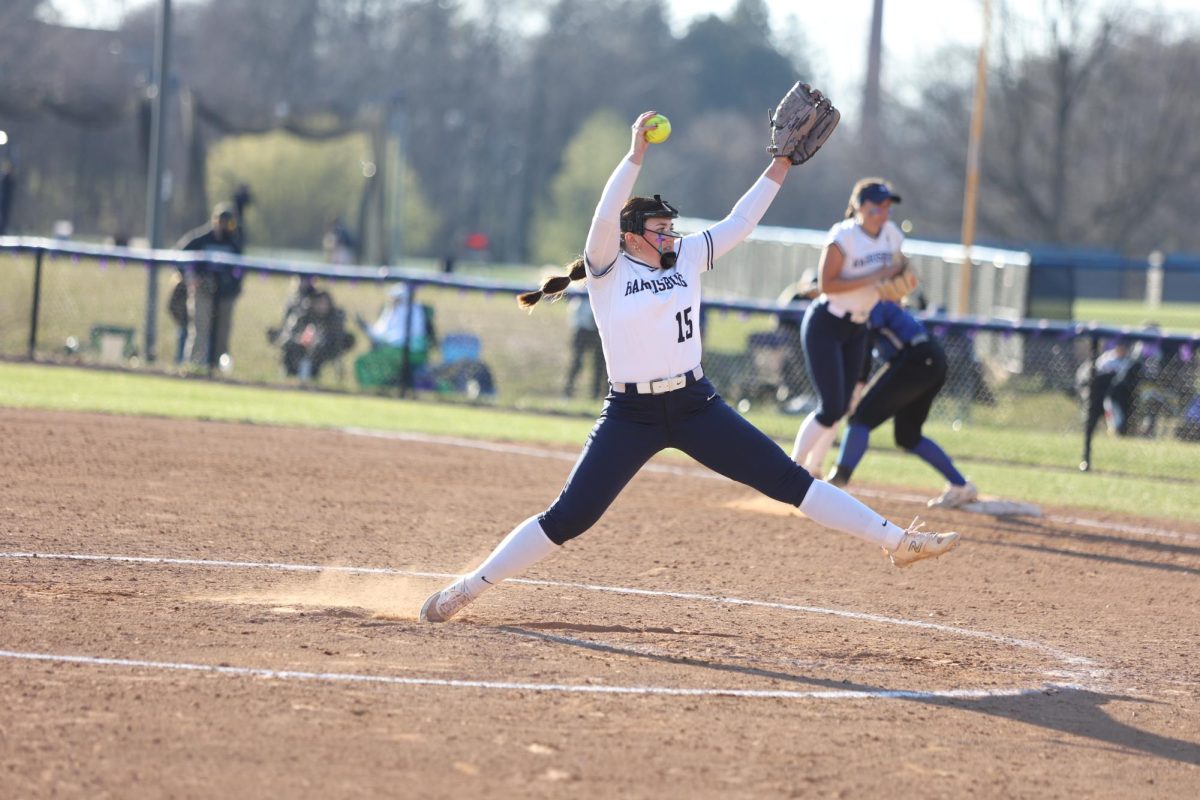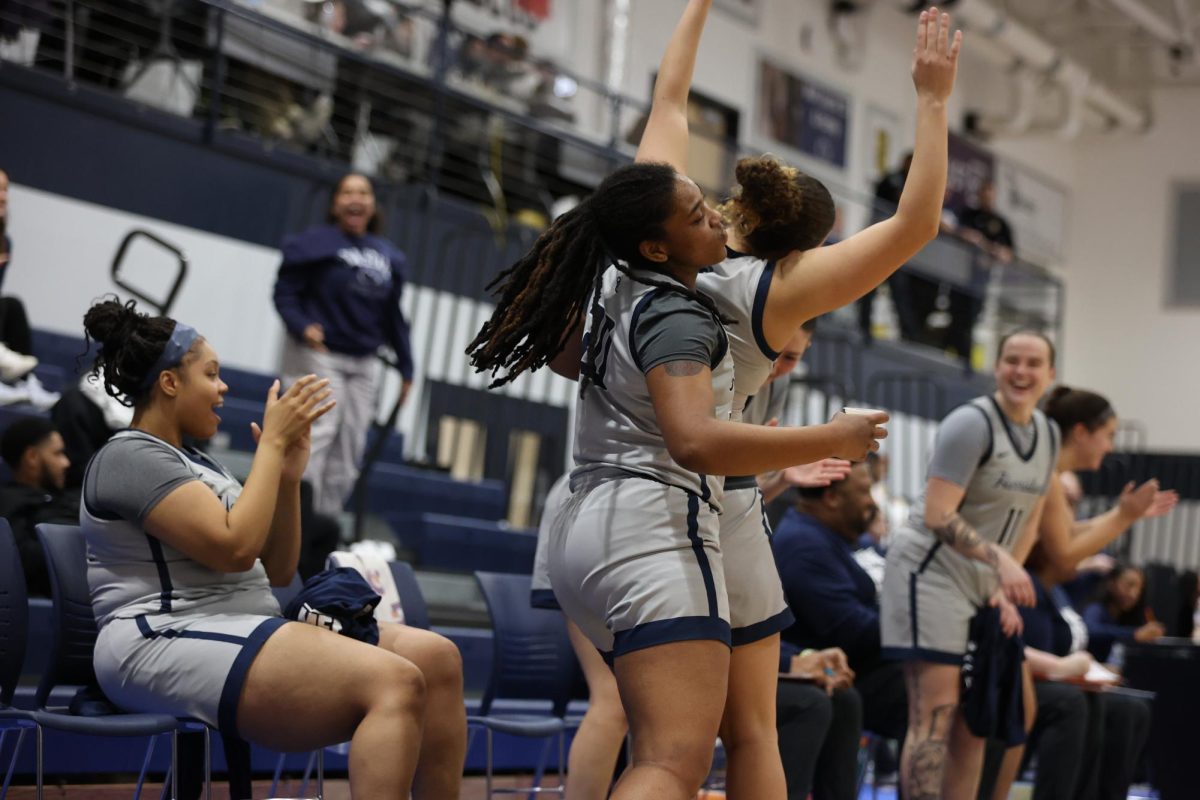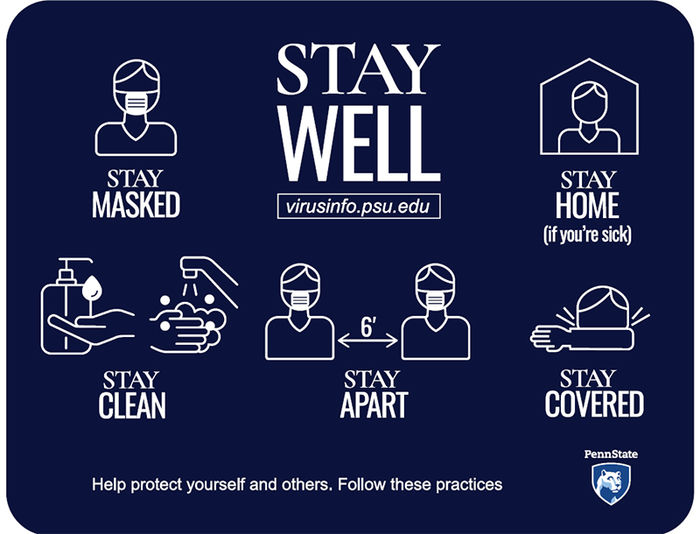Exams and Stress During Covid-19
February 13, 2022
When students and teachers left campuses to enjoy spring break, no one expected their time at home to be extended for a week, or for the rest of the semester, or for an entire year until this fall.
Spring 2020 was a time that introduced a great amount of change to the academic system with online lectures, every assignment quite literally becoming homework, and exams being unsupervised. Teachers and students alike were forced to adapt to the rapid change in learning environment.
Laura Nguyen, a computer science major at Pennsylvania State University of Harrisburg, was one of many to feel the difference. Nguyen has been taking classes at PSU since the fall of 2017, and the rapid disruption in the expected routine in her final semesters of schooling took their toll.
“Yeah, taking tests online was definitely harder than in person,” said Nguyen. “They were just harder to get motivated for I guess.” Nguyen also said that tests were already a nerve-racking experience to prepare for, so the lack of motivation just piled on.
Testing has been widely considered a student’s greatest source of stress, even before the pandemic. Dealing with test anxiety, burning the midnight oil to study, forming study groups, and franticly reviewing notes and class recordings just before the time of the exam was commonplace.
Even though students were assumed to be in comfort, the stress persisted and, in some cases, increased. The conditions of the pandemic and the feelings of stress caused by exams have led to a marked increase in cheating and use of outside materials for exams. This has also led to professors and institutions making changes to the way they structure their exams and called into question whether tests were necessary.
Academic Dishonesty
Educational institutions across the globe have academic dishonesty policies that outline what exactly constitutes a punishable offense: cheating, plagiarism, misrepresentation of academic records, or the active/passive support of academic dishonesty.
Cheating and breaking the academic policy have been issues in the academic environment for some time, usually in the form of hiding notes on hands, secretly holding flashcards, taking a side-eyed look at another student’s test, or plagiarism to varying severities.
Now, outside help comes in a different form. The Internet, a tool used by both educators and students, is a gateway to getting information easier. Access to academic papers, research notes, and helpful teaching videos are freely available but can be misused, especially when services like Chegg, Quizlet, and Course Hero have become a student’s safety cushion for exams.
Chegg’s homework and study help service offers quick answers to students via help desk. Quizlet has numerous flashcards sets that have test questions and answers readily available. Course Hero is well renowned for having a database for copyable essays and exam questions.
A recent study done by Thomas Lancaster and Codrin Cotarlan, both educators for the Imperial College of London, found that the use of Chegg’s question help services increased by 196.25% during the pandemic for STEM subjects alone.
According to CNBC, Texas A&M University found more than 800 cases of academic fraud after students completed exams in mere minutes with most of the information coming from Chegg’s question help service.
This has led to educators having to adapt to the situation.
Beatrice Epwene, a communications professor at Pennsylvania State University of Harrisburg, is one such educator who has had to adapt. Professor Epwene made her examinations more open ended than before as a way to combat cheating.
“If everybody is going to take from Quizlet, then everybody is going to take from Quizlet,” said Epwene. “But if you have to type a paragraph out for me, you have to be patient, you have to be thinking, you have to be bringing your own ideas to the table.”
Services like Turnitin, an anti-plagiarism website that cross checks students’ papers with a database of articles and academic papers, find increased usage by educators as well.
Teachers, professors, and academics around the globe have filed formal complaints with Chegg and Course Hero to nip the issue in the bud.
“I am fighting against those things like crazy,” said Epwene. “I have called some of them and really told them ‘you guys know you are messing up education.’”
According to a CNBC report, Chegg was willing to work with institutions to resolve academic dishonesty cases, and Course Hero’s CEO, Andrew Grauer, said their databases would be available for school investigations and scrub them of any content considered plagiarized materials.
Why Cheat?
Academic cheating is not without risk. Plagiarism is considered one of the most serious breakages of academic dishonesty. At its kindest, disciplinary actions can include a grade penalty or an automatic course failure.
At its roughest, actions can be expulsion from the university a student is attending or punitive actions taken by legal systems.
Of course, this was if they were caught.
During the pandemic, with a lack of supervision or strong ways to prevent outside help, students might find examinations easier to take. Many believe that this increase in cheating over the pandemic comes from the increase in freedoms and unstructured environment of at home learning. Blogs and news sources often cite a dispassion for learning and wanting to take an easy way out as the primary reasoning.
“I just think some students don’t care about learning anymore,” said Epwene.
According to CNBC, students are giving up on learning because educators have given up as well. The online experience making it harder to enforce rules and
“I don’t think my professors really cared if people were cheating,” said Nguyen. “Like, it was happening, but I don’t think anything was ever done.”
However, there are multiple answers to the question.
Bari Walsh, a writer for the Harvard Graduate School of Education, said, “The pressure to achieve and to hit certain metrics” is a main contributor to cheating in education. The standardized grading system of A’s and F’s that determine a students grades are the most notable metrics, but parents and personal metrics are also involved.
“Yeah, for me, my parents add a lot of pressure to do well,” said Nguyen. According to her, parent enforced pressure didn’t ease with the pandemic. “They didn’t really change their expectations when I was home.”
Before the pandemic, tests were often considered a primary source of stress for students. Test anxiety is a long known psychological issue that can affect a student’s performance during testing.
According to the University of North Carolina’s learning center, testing anxiety has multiple debilitating symptoms: headache, nausea, feelings of fear, and even procrastination.
Mental health during school had been a concern before things shifted to online learning. The American Psychological Association (APA) found that in 2013, one-third of U.S. college students had difficulties with depression and anxiety.
Isabella Pham, a recent English major graduate from York College of Pennsylvania, struggled with her mental health while in college.
“College negatively affected my mental health because I’m very prone to stress, anxiety, and self-isolation,” said Pham.
Many campuses do offer student counseling and support for the mental health of students.
Testing accommodations and free tutoring are tools most campuses have on deck to assist students with papers and help with homework. These services were even made available during the pandemic.
However, a student’s comfort with the tutors, time constraints, and tutoring skill limitations still hold back the service from being used to its fullest extent.
Changing Assessment
Now that most institutions have returned to their typical in class sessions, just with masks as an added dress code accessory, many classes have returned to normal, and professors switched back to their pre-pandemic proceedings.
However, much like corporations finding remote work a new and appealing way to get employees, some educators find that the adaptations made while online were better for the future of their courses.
Open note or open book tests and quizzes are becoming the norm.
While Epwene previously stated that cheating was one of her reasons for changing how she did tests, there were secondary motivations.
“Some students were still dealing with a lot coming back to school,” said Epwene. “So, I just kept the tests the same as they were online.”
The possible lack of testing during the pandemic calls into question how necessary tests are to the education of students.
Tests are a structured way of measuring the information a student learns throughout the sections of the course.
“I think tests are still needed,” said Nguyen. “They kind of prepare you for stressful situations out in the real world.”



